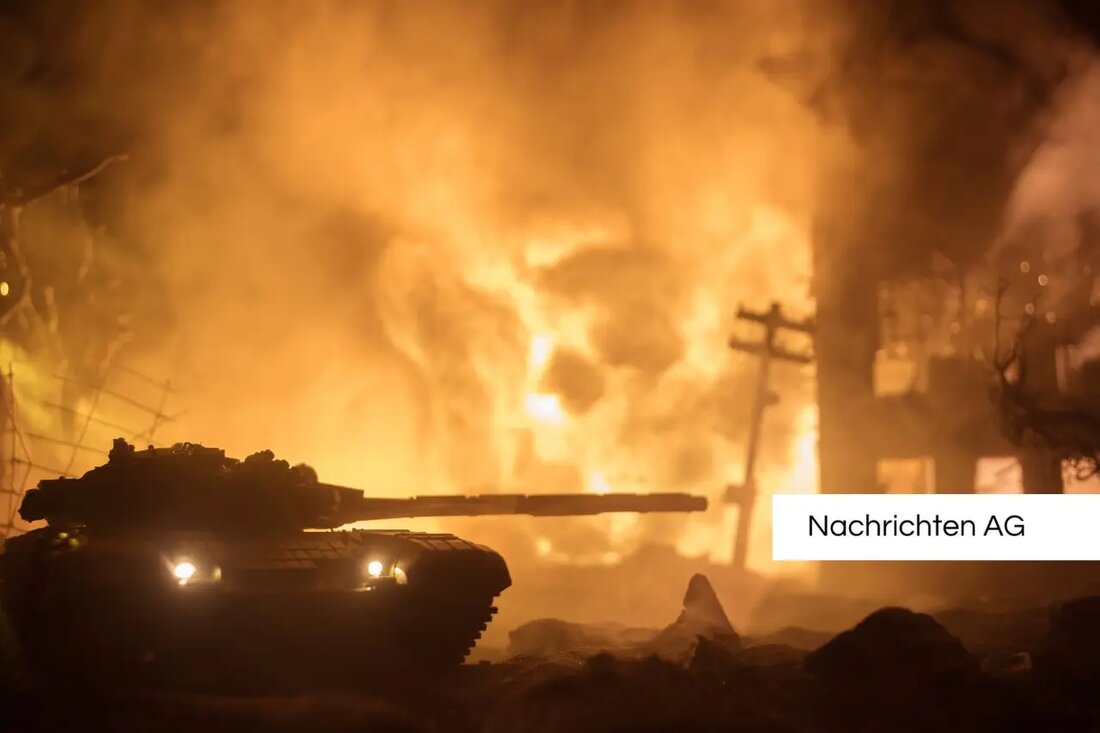80 years after the war: Herford commemorates the dark past!
80 years after the war: Herford commemorates the dark past!
On May 8, 2025, a memorial event will take place in Europe in Herford on the 80th anniversary of the end of the Second World War. The event is organized by the city of Herford and the Evangelical Church Circle. On this occasion, the current geopolitical tensions are also pointed out, especially the war in Europe, which reinforces the relevance of this memory. However, the discussions about the event caused controversy in advance.
Pastor Berthold Keunecke, who is responsible for peace formation at the Herford church district, criticized the invitation to Sigmar Gabriel, the former Vice Chancellor. Gabriel will soon be elected to the supervisory board of the armaments company Rheinmetall, which in his opinion creates an inappropriate connection to the commemoration. Keunecke's concerns thus reflect a broader examination of the role of former political decision -makers in the context of armaments companies that influence the debate about peace and the culture of commemoration.
80 years after the end of the war
The year 2025 is celebrated throughout Germany as a year of memory of the end of the Second World War. Numerous events were initiated as part of the project network "1945 - 2025. 80 years after the Second World War. Memory and the present in Germany and Eastern Europe. These are organized by the Federal Government Commissioner for Culture and Media in cooperation with various partners.
The aim of this initiative is to increase the visibility of memory work and to create synergies between the various events. The National Socialist crimes and German occupying rule in Eastern Europe include thematic focus. Forced migrations, deportations and displacements are also treated, which illustrates the urgency of such a memory within the current geopolitical context.
memory culture in change
The memory of World War II is a complex matter in Germany. In recent years there has been an increased examination of its own role as a perpetrator in history. This critical reflection was shaped by self -victimization for a long time. Historically, the memory of the war was shaped differently in both the GDR and in the Federal Republic of Germany and was often divided into block lines of the Cold War.
The past few years have brought a paradigm shift in the culture of remembrance. Insiders and historians observe that discourse increasingly moves from an indictment to their own history to recognition of historical injustice. This development means that the memorial work is not only considered in terms of Nazi crimes, but also the entire complexity of the war, including the role of the civilian population and its suffering, is also in the foreground.
In view of this deep interweaving of history, memory and current reality, the memorial event in Herford will therefore not only look back on what was, but also an important impetus for reflection on peace in today's time.| Details | |
|---|---|
| Quellen | |


Kommentare (0)